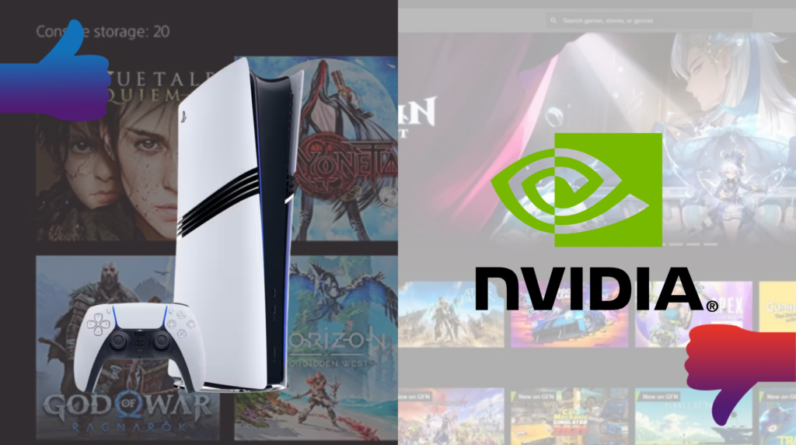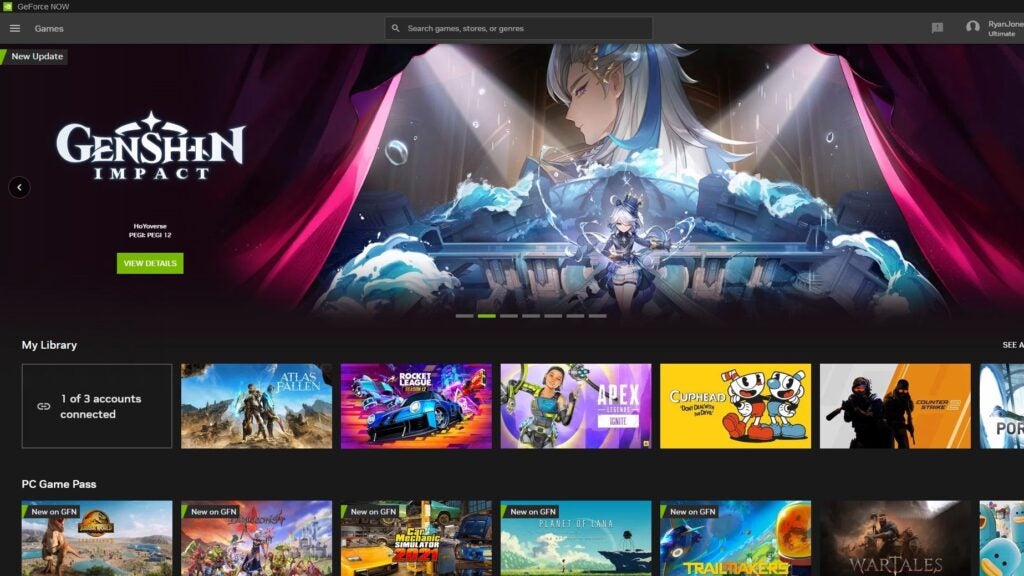
OPINION: Compared to the large number of Apple announcements made last week, this week has remained comparatively quiet. However, that doesn’t mean there isn’t plenty to talk about.
Sony officially launched the PS5 Pro after announcing the console in September, while Nikon unveiled its newest content creator camera, the Z50II. The Kindle Coloursoft received an initial lacklustre reception thanks to an unfortunate display issue, while Nintendo confirmed that the Switch 2 would be backwards compatible with the current library of Nintendo Switch games.
Keep reading to learn who we named our winner and loser this week.


Winner: Sony
The PS5 Pro officially hit shelves this week, giving PlayStation fans access to the latest tech to run the growing library of PS5 titles.
Compared to the PS5 – which launched nearly four years prior in November 2020 – the PS5 Pro features a better GPU with 65% more compute units, 28% faster memory and 45% faster rendering. The console also benefits from improved ray tracing and a 2TB SSD as standard.
However, all of this comes at a steep price. Where the PS5 cost £449.99, the PS5 Digital Edition £359.99, the PS5 Slim £479 and the PS5 Slim Digital Edition £389, the PS5 Pro comes in at £699. That’s a more than £200 increase compared to the next cheapest PS5 model.
With that said, if you want the highest performance possible on the PlayStation platform, this is the way to go about it.
It’s also worth noting that Sony seems to have learnt a thing or two from the shortages in 2020. According to a report by VGC, scalpers are struggling to make a profit selling PS5 Pro units as the console generally remained readily available through retailers.


Loser: Nvidia
Our loser this week is Nvidia after the company announced an additional monthly fee for its most enthusiastic GeForce Now users.
If you aren’t already familiar with GeForce Now, it’s a cloud-based gaming service (not too dissimilar to the ill-fated Google Stadia) which lets you stream games to any number of compatible devices. While individual session lengths are limited, there’s no limit to the total number of hours a paid user can use GeForce Now each month – or at least there wasn’t, until now.
Nvidia has warned users that it will be introducing a 100-hour monthly playtime allowance for its Performance and Ultimate users. According to Nvidia, this change will affect around 6% of members, with 94% of users typically playing less than 100 hours a month.
There is an option to increase the limit by 15 hours, but this will cost Performance members £2.99 while Ultimate members will be required to pay £5.99 per month for the privilege on top of the existing £9.99 and £19.99 subscriptions, respectively.
The good news is that up to 15 hours of unused playtime from these additional subscription fees will roll over into the following month if unused, meaning you don’t need to worry about paying for something that you might not get around to using.
The introduction of an extra fee for those getting the most out of the service also means that Nvidia won’t need to hike prices for the other 94% of users. On the other hand, this is an unconventional way to reward your most loyal customers and could drive some users to invest in a better PC rig instead of paying Nvidia’s 100-hour tax.






